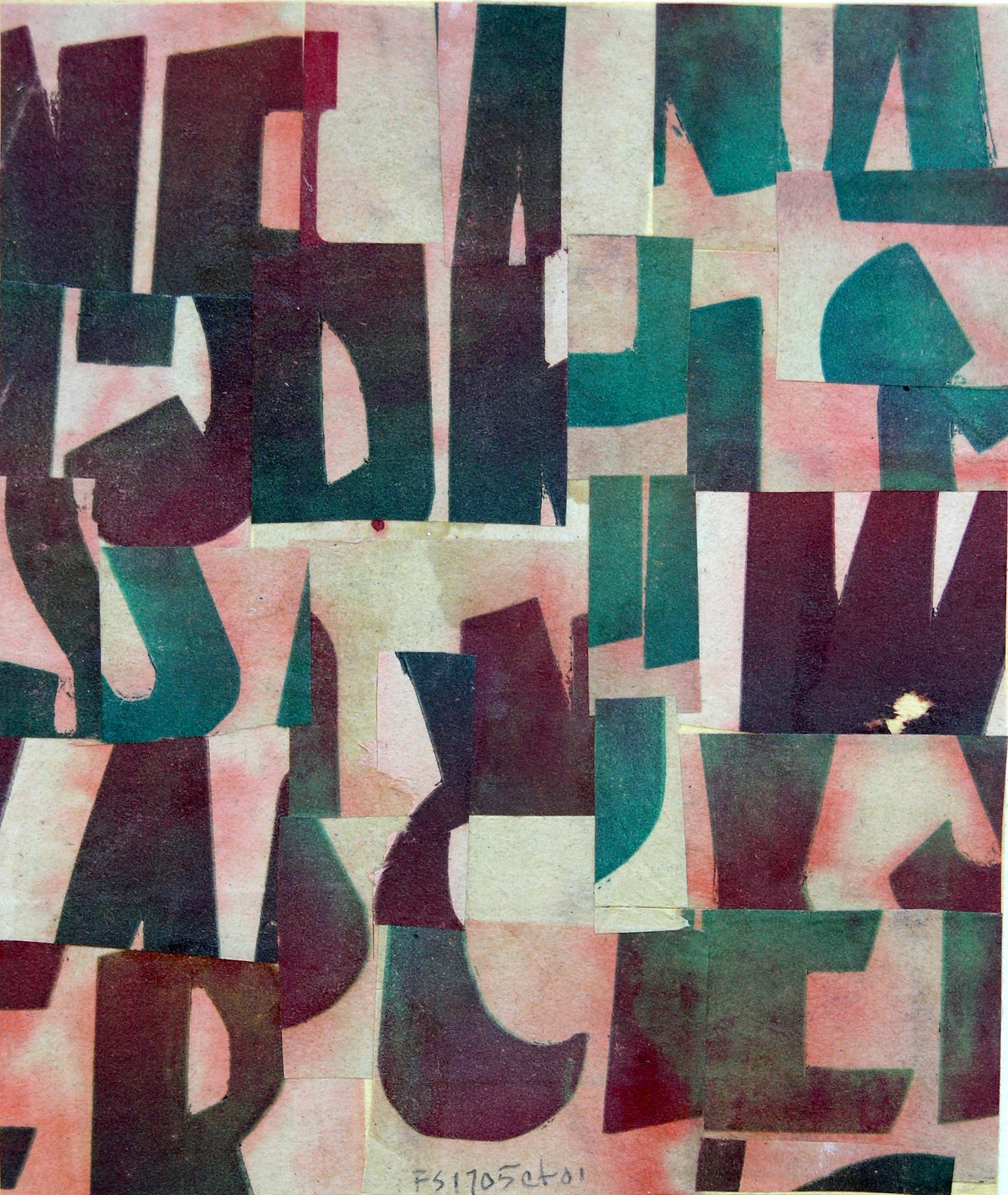The Timing of Wisdom
This afternoon (04/14/2025) I found myself thinking about wisdom—how it moves, how it lives, and how it is passed from one person to another. It struck me just how delicate that transmission really is. I am going to post several articles exploring this idea.
Wisdom, unlike information, doesn’t simply transfer from speaker to listener like a file. It has to be received. It must arrive at the right time, in the right context, to a heart ready to receive it. And even then, it only becomes real if it’s valued, practiced, and slowly absorbed until it becomes your own.
This is especially true for those of us committed to a creative life. Artists, writers, musicians, dancers—we don’t just work with materials; we work with timing, attention, and deep sensitivity. We often walk a path that’s more intuitive than intellectual, more meandering than strait forward. So wisdom, for us, is less a set of instructions and more a kind of seasoning—something that enters our practice subtly, flavoring everything we touch, a part of our atmosphere.
I’ve noticed over the years that the right insight delivered at the wrong time has little effect. It bounces off. And sometimes, even the most ordinary comment, if delivered in a moment of deep readiness, can change your life. That’s why some things don’t hit until the tenth time you hear them. Or the tenth year. A teacher may say something once, and it echoes inside of you for decades before it truly lands. This is not failure—it’s how wisdom works. It lives inside of time.
You occasionally hear me refer to something a teacher told me decades ago that I still remember. That is acquired wisdom or I wouldn’t remember it or apply it. Think of the things you recall that someone taught you that you still use to this day. That is wisdom.
Wisdom is the result of direct personal experience from ongoing practice over a long period of time.
For this reason, I believe we should treat wisdom like a gift left at someone’s door. You can’t force it. You offer it quietly, without insistence, and walk away. If the person is ready, they’ll find it. If not, it will wait. Or someone else will discover it at just the right moment. Sometimes we’re not ready to hear even our own advice until much later when we see the value of it. Timing is the teacher.
And there’s the other side to this: receiving. It’s not easy to be on the receiving end of wisdom. It takes humility to admit that there is something valuable to learn and you’re ready to listen, and having the discernment to recognize that something is being handed to you—even if it comes in the form of a mistake, a failure, or a painful truth. Wisdom doesn’t always look like a breakthrough. Sometimes it looks like a breakdown. But if you are paying attention, you’ll see the lesson glinting through the wreckage. Wisdom and insight can come from anywhere at any time if we are open to it.
This is why artists need to develop patience—not just with their work, but with themselves. You don’t need to know everything now. You don’t need to arrive all at once. Let the process shape you. Let direct experience teach you. Let yourself circle the same questions for years until the answer ripens on the branch. You’ll know when it’s time to pick it.
As creative people, we’re not just making things—we’re becoming something. The work reflects the life, and the life reflects the deeper unfolding. That unfolding requires time and space. It requires slowness. And it requires respect for the mysterious timing of growth.
Wisdom is not a goal. It’s not a fixed state. It is a kind of quiet inner rhythm that grows through practice, attention, and humility. It’s not about having the answers—it’s about knowing when to speak, when to wait, and when to simply keep working in silence.
In the end, wisdom is a practice of timing. And timing, like art, is something you feel your way into.




Excellent essay. I still carry feedback from specific individuals that I respect from artists to collectors and to lovers of art and life. When I stopped doing art after the divorce, this dear artist friend from Argentina (English was his 2nd language) gave me some very important advice that came to fruition eventually. And these days I have an email/text communication with a dear friend in California who's a retired lawyer and ceramic artist. We have such amazing dialogue. I carry 'words of wisdom' in my every day life that have nothing to do with art but have settled into my being helping me be my best and I find my adult kids asking for my wisdom too.
First of all Cecil, I love the colours in your collage at the top of this piece and I particularly like that tiny little drop of red somewhere in the upper middle that just sits there quietly bleeding into the sliver of cream between two forms and yet it makes the beautiful petrol green above it really pop. Gorgeous!
And I really love the subject of wisdom and you’ve written so beautifully about it. The idea of it being like a gift left quietly at someone’s door for them to find, or maybe picked up by another person who is ready to receive it, is a wonderful way to think about wisdom.